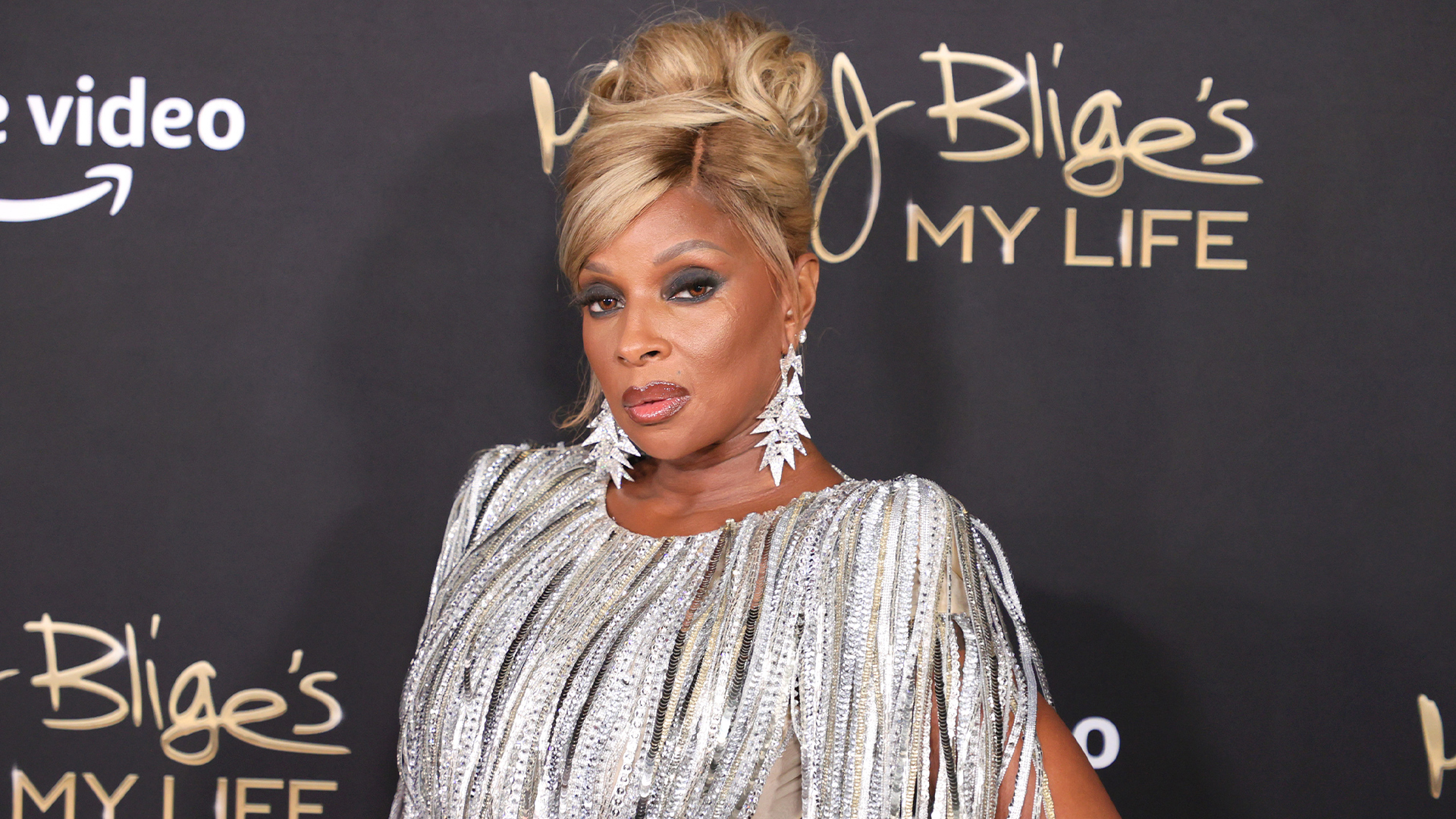When did you begin to have serious conversations about your mental health? For me, I’d say college. While the actual dialogue may have started around then, the seeds were planted much earlier in my formative years, thanks to none other than Mary J. Blige. As a child, I had no idea what mental health was or its byproducts, let alone how to articulate it. What I did know and got to experience, however, was the power of transformative healing brought about from the melodious tunes of Blige’s music. To be crystal clear, Blige’s transparency about her mental health struggles, love and outlook on life have paved the way for me to do the same, and for that, I am forever grateful. As we celebrate the queen of hip-hop soul’s birthday, I’d like to use this opportunity to share how she has and continues to make a little Black boy from the east side of Detroit feel seen in his journey of mental restoration.
Picture it: Detroit, the early 2000s. When I reflect on my childhood, I vividly recall how my mother and aunties would convene at our house over the weekends with a bottle of Remy Martin or Grey Goose and Blige’s tunes playing in the background. The room would be filled with a gaggle of women from all walks of life, sharing stories about their personal lives and engaging in community healing while doing so. I may not have understood the conversations or Blige’s lyrics, but as I look back on it, I’m reminded of how she brought people together and encouraged them to share their personal obstacles (and triumphs) through her artistry. It’s debatable whether there’s been an uptick in conversations surrounding mental health in the Black community, but I can wholeheartedly say that I saw firsthand, the impact of shared storytelling as it relates to mental health. Seeing these women unpack all of their baggage among each other in a casual setting, eradicated any shame that I may feel about my grapples with my mental health. That comes as no surprise since Blige’s entire discography is literally a blueprint on the importance of embracing such feelings.
If I had to pick my favorite album from the New York native’s extensive catalog, it’d undoubtedly be Share My World. It isn’t solely because of the multiple hit records that it houses, but its duality that has always struck a chord with me. In life, I’ve oftentimes felt that it can be (or at least feel like it) impossible to feel happiness and sadness at the same time. Throughout my life, I’ve tussled between the two when it never needed to be that way. This album serves as a personal favorite of mine because Blige so effortlessly navigates between these emotions (among others) letting listeners know that it’s perfectly okay to feel both, simultaneously. Not only is it okay, but it should also be normalized. When I listen to “Everything,” I immediately want to plan this lavish ceremony of nuptials with the love of my life; but when I listen to “Not Gon Cry,” I realize that said wedding might not happen because of the (former) love of my life. Regardless of which emotions are brought out by either song, I’m reminded of another, equally important lesson, from Blige — embracing my feelings will always be the winning move.
Like many of her fans across the globe, I tuned into her My Life documentary last summer, and the documentary simply reaffirmed why I will forever be a fan. There was a multitude of gems and important life lessons that I espoused from it, but the most important would have to be running toward my feelings and not away from them. Not only in this documentary, but in her life’s story overall, I've come to appreciate how she used her talents to create a path that wasn’t darkened by the terrors of everyday life. She’s shown me that when we acknowledge our mental health struggles, we’re doing the work to heal our inner child.
In my personal history, it’s been relatively easy to retreat from my feelings into this sugary, sweet dystopia where darkness is not present. Not only is that unhealthy, but it’s dangerous for several reasons. The number one reason would be that I’m ignoring reality in lieu of a fairytale that doesn’t exist. I’m grateful to Blige for showing me and so many others that I’m not alone in my struggles and that everything will get better as long as I’m doing the work.
